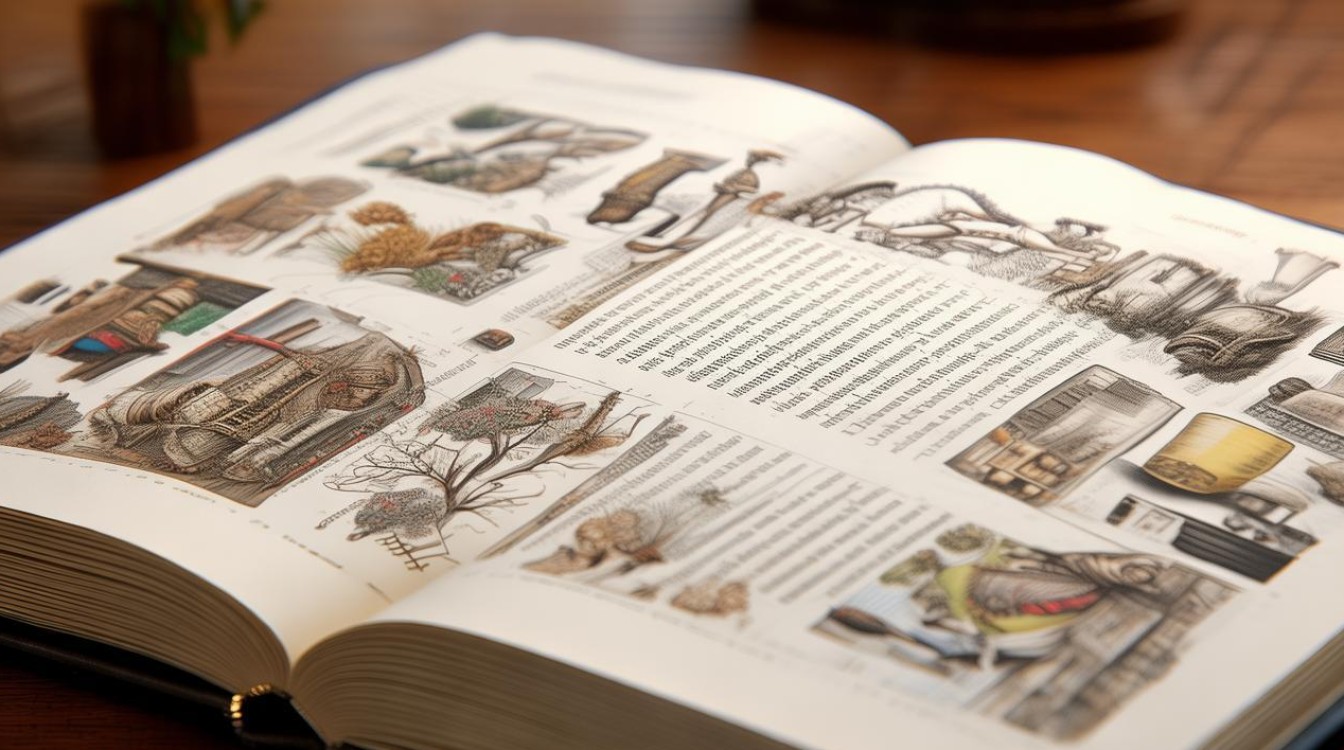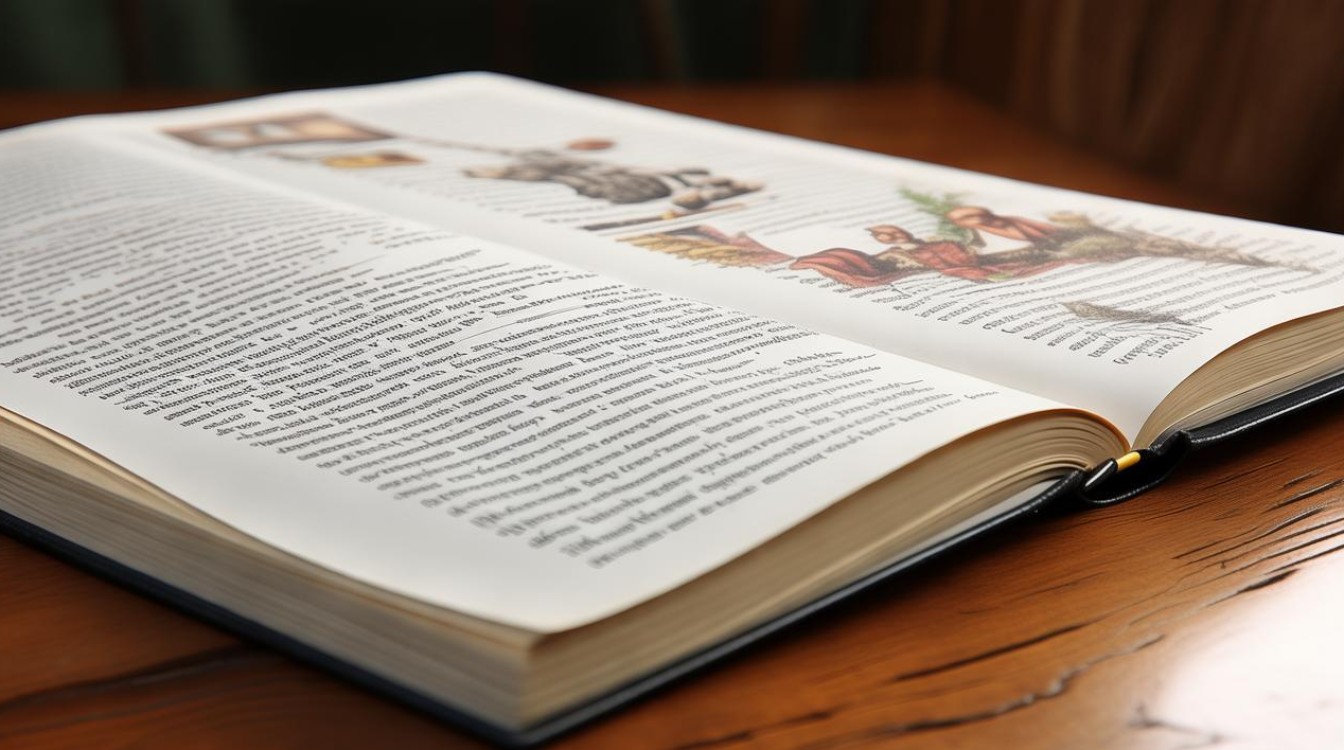人类学基础概念
Anthropology(人类学)
指研究人类生物性、文化、社会及语言发展的学科,分为四大分支:

- Cultural Anthropology(文化人类学):研究不同社会的文化模式。
- Archaeology(考古学):通过物质遗存探索人类历史。
- Biological Anthropology(生物人类学):分析人类进化与遗传特征。
- Linguistic Anthropology(语言人类学):研究语言与文化的关系。
例句:Cultural anthropology examines how rituals shape social norms in indigenous communities.
Ethnography(民族志)
通过实地调查记录特定群体的文化行为,常用方法包括参与观察(participant observation)和深度访谈。
例句:The ethnography of the Amazon tribe revealed unique kinship systems.
社会结构与文化现象
Kinship(亲属关系)
描述家庭和血缘关系的系统,包括:
- Matrilineal(母系的):血缘通过母亲传递。
- Patrilineal(父系的):血缘通过父亲传递。
例句:In matrilineal societies, property is inherited by daughters.
Ritual(仪式)
具有象征意义的行为,如成人礼(rite of passage)或祭祀(sacrifice)。
例句:The ritual of potlatch among Northwest tribes demonstrates wealth redistribution.
Taboo(禁忌)
社会禁止的行为或话题,通常与宗教或道德相关。
例句:Eating certain animals is a taboo in many cultures due to spiritual beliefs.

人类进化与生物人类学
Hominid(人科动物)
包括现代人类及其已灭绝近亲,如Homo erectus(直立人)和Neanderthals(尼安德特人)。
例句:Hominid fossils in Africa provide clues about early tool use.
Adaptation(适应)
生物通过遗传或行为调整应对环境压力,如bipedalism(直立行走)。
例句:Bipedalism allowed hominids to free their hands for tool-making.
Genetic Drift(遗传漂变)
小群体中基因频率的随机变化,与自然选择(natural selection)不同。
例句:Genetic drift may explain the loss of certain traits in isolated populations.
考古学关键术语
Artifact(人工制品)
人类制造的物品,如石器(stone tool)或陶器(pottery)。
例句:Artifacts from the Neolithic period show early agricultural practices.
Stratigraphy(地层学)
通过土壤层分析遗址年代,底层通常更古老。

例句:Stratigraphy helps archaeologists date the remains of ancient settlements.
Carbon Dating(碳测年)
利用碳-14同位素测定有机物的年代。
例句:Carbon dating confirmed the skeleton was over 5,000 years old.
语言人类学核心词汇
Phoneme(音素)
语言中最小的语音单位,如英语中/p/和/b/的区别。
例句:Japanese has fewer phonemes than English, affecting pronunciation.
Sapir-Whorf Hypothesis(萨丕尔-沃尔夫假说)
认为语言结构影响认知方式的理论。
例句:The Sapir-Whorf hypothesis suggests that language shapes perception of time.
Pidgin(皮钦语)
简化混合语言,用于不同母语者交流;若发展为稳定语言则称Creole(克里奥尔语)。
例句:Pidgin English emerged during colonial trade in the Pacific.

当代人类学议题
Globalization(全球化)
文化、经济和技术交流导致的文化同质化(cultural homogenization)或混合(hybridity)。
例句:Globalization has accelerated the spread of fast food chains worldwide.
Indigenous Rights(原住民权利)
保护原住民土地、语言和传统的运动。
例句:The UN Declaration on Indigenous Rights emphasizes self-determination.
Cultural Relativism(文化相对主义)
主张从文化自身标准而非外部价值观评判其行为。
例句:Cultural relativism challenges ethnocentric views of morality.

